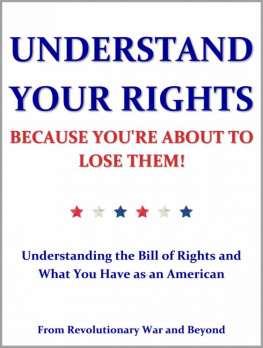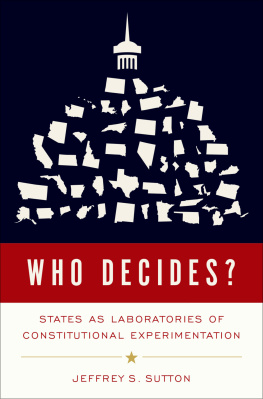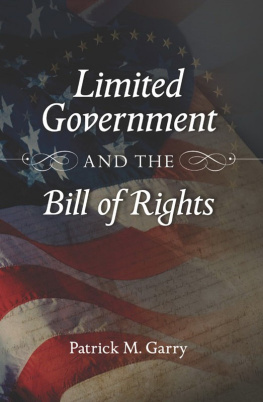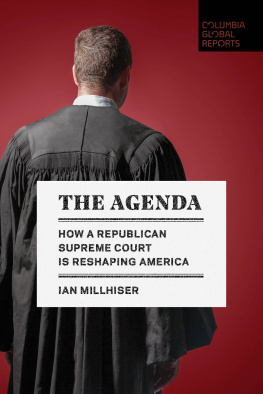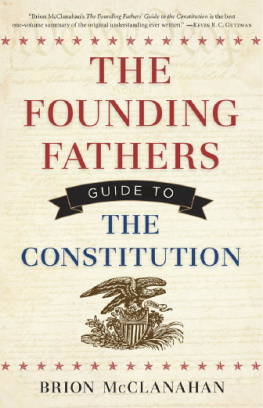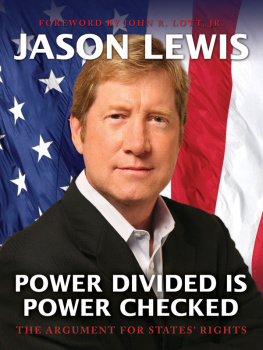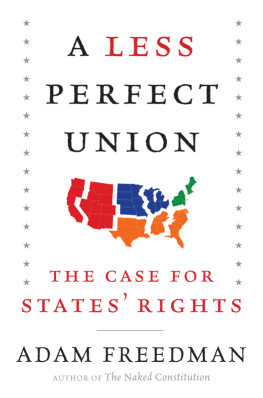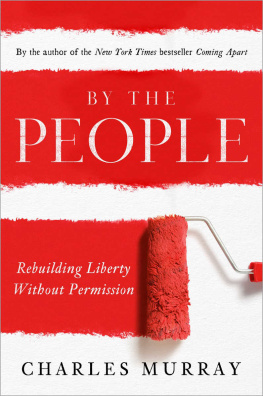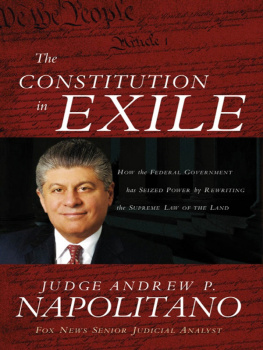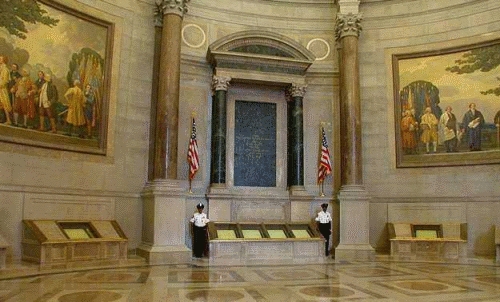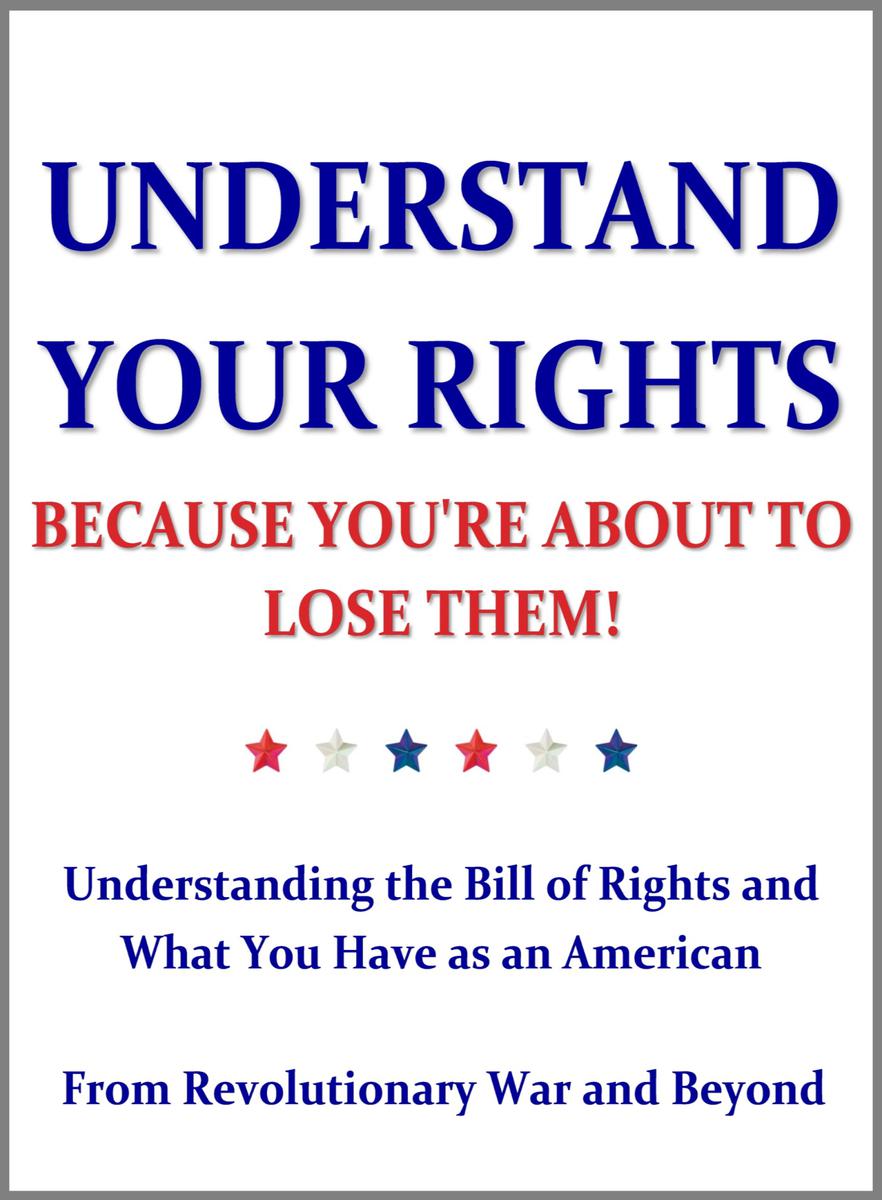
UNDERSTAND YOUR RIGHTS
BECAUSE YOU'RE ABOUT TO LOSE THEM!
Understanding the Bill of Rights and
What You Have as an American
By
Revolutionary War and Beyond
Smashwords Edition
Copyright 2012 by Revolutionary War andBeyond
www.revolutionary-war-and-beyond.com
Smashwords Edition, License Notes
This ebook is licensed for your personalenjoyment only. This ebook may not be re-sold or given away toother people. If you would like to share this book with anotherperson, please purchase an additional copy for each recipient. Ifyoure reading this book and did not purchase it, or it was notpurchased for your use only, then please return to Smashwords.comand purchase your own copy. Thank you for respecting the hard workof this author.
All rights reserved. No part of this book may bereproduced or transmitted in any form or by any means, electronicor mechanical, including photocopying, recording, or by anyinformation storage and retrieval system, without writtenpermission from the author, except for the inclusion of briefquotations in a review.
Disclaimer: This book is meant to beinformative, but its opinions do not constitute legal advice andare not meant to advise you in particular legal situations. If youare facing legal questions and situations you should retain theassistance of a competent attorney.
TOC
We refer to many different documents, such asthe Magna Carta, Declaration of Independence, US Constitution andBill of Rights, throughout this book. For your convenience, thesedocuments are printed in their entirety at the end of the book. Youwill find links to these documents in many places throughout thebook, so you can click through and read them if you like.
This book is dedicated to those who have gonebefore us who sacrificed everything they had to give us what wehave.
Prologue
During the last generation, a great changeoccurred in America that would be quite alarming to the FoundingFathers if they were to become aware of it. Americans yielded anenormous amount of power to the federal government and to theSupreme Court. Decisions that were once handled by electedlegislatures are now regularly handled by Congress and the handfulof judges that sit on our federal courts and in Washington DC.
It is a common event for the Court to throw outlaws made by state legislatures, calling them "unconstitutional."Who gave them this right? Thomas Jefferson said, "Our judges are ashonest as other men and not more so. They have, with others, thesame passions for party, for power, and the privilege of theircorps." They don't possess some superior virtue to the rest ofus.
This book will endeavor to explain to you thebasic rights that are guaranteed in the Constitution and the Billof Rights. Some of them you may never have even heard of before.Others you will be quite familiar with. All of them, however, areimportant.
You will learn not only about the rightsthemselves, but also their history. You will learn why the Foundersbelieved they were important and wanted to guarantee that you wouldhave them.
The Founders carefully crafted a document thatwould allow the new government to successfully function, but withone important caveat the people were to be protected from it.
Protected from it growing to powerful. Protectedfrom it stealing their individual rights away from them. Protectedfrom it stealing governing power away from their local stategovernments. Protected from a small handful of bureaucrats, judgesand politicians ruling over their lives.
Our rights are under fire today. We have a largegroup of Americans now openly advocating for a totalitarian societyin which the all wise government employees tell the rest of us howwe should live.
Others advocate for an "independent" judiciaryand say things like, "We can be represented as well in Congress aswe can in our states, so let's just let Congress do it all."
Thomas Jefferson said:
"It should be remembered as an axiom of eternal truthin politics that whatever power in any government is independent isabsolute also... Independence can be trusted nowhere but with thepeople in mass."
In other words, the smaller the group of peoplethat has the authority, the more they will trample on the rights ofthe masses. The only real place of safety Americans have is whentheir local legislatures make decisions that govern them, not faraway courts and politicians.
Let this book be a wakeup call to you to beinformed of your rights as an American citizen. When a politicianor court exceeds its constitutional power, it should automaticallystand out like a glaring light bulb to us because we are sofamiliar with their defined roles in the Constitution that we can'thelp but notice their flagrant power grabs.
It may sound alarming, but your rights have beenso weakened in the last generation that America as you know it isreally only hanging by a thread anymore. It is quite possible thatwe could see the United States go the way of Rome within a shortperiod of time.
If you will take to heart the message of thisbook, which is to be educated about your rights in the Constitutionand the Bill of Rights, and help spread the word of individualfreedom to your generation, we can see this slide and deteriorationof America stopped cold. We will have individual freedom not onlyrestored, but secured for the rest of our lives and the nextgeneration, as well.
Chapter 1
The First American Government
During the American Revolution, many colonistsbegan to look into the future to a day when the war would be overand a new American government would be formed. If they weresuccessful in throwing out the British government, a new one wouldhave to take its place.
Richard Henry Lee was a delegate from Virginiato the Continental Congress. In 1776, he submitted the resolutionto Congress that called for a "declaration of independence" fromGreat Britain. This resolution was accepted by the full Congresswho then had a committee write up the formal Declaration ofIndependence that we know today.
Many people are unaware, though, that the LeeResolution also called for "a plan of confederation" to be"prepared and transmitted to the respective Colonies for theirconsideration and approbation."
Congress also approved of this idea andappointed a committee to draft a document that would govern the newnation made up of the thirteen former British colonies aunited government. The final document was known as theArticles of Confederation. The Articles were submitted tothe states in November, 1777.
Virginia was the first state to accept theArticles of Confederation in December of 1777. Nine other coloniesaccepted them in the following four months. The remaining three,New Jersey, Delaware and Maryland accepted them over the course ofthe next few years. It took those last states so long to accept dueto the war, internal disagreements about whether or not to join theunion and reluctance to give up land claims in the West. WhenMaryland finally approved the Articles on March 1, 1781, the unionwas complete and the United States of America was born.
Rotunda for the Charters of Freedom
National Archives - Washington DC
Next page
